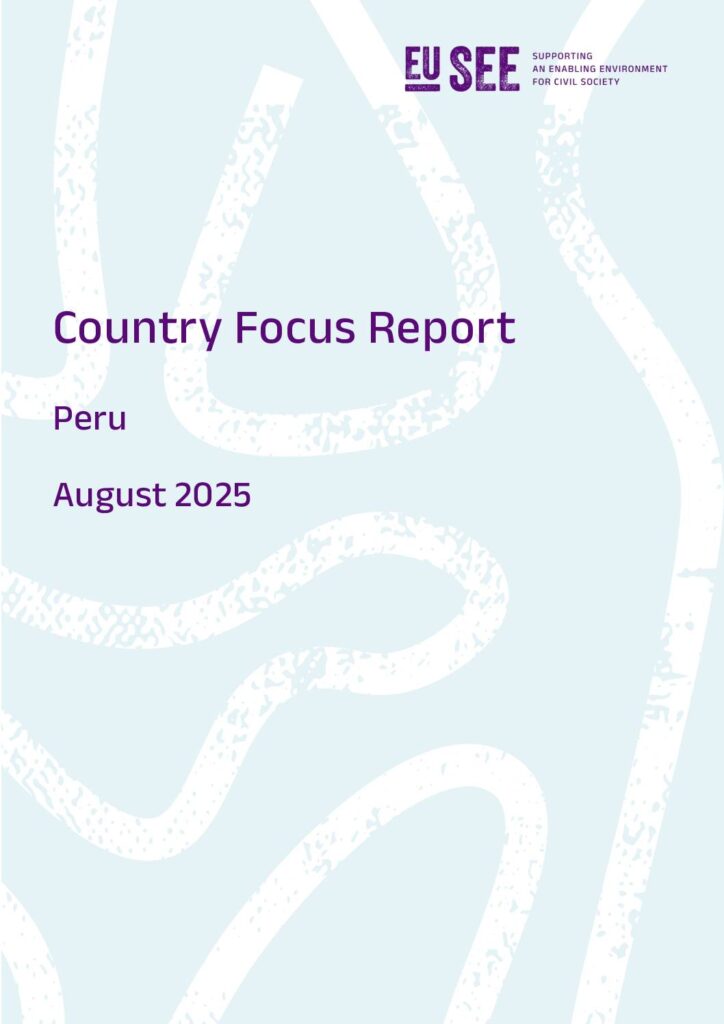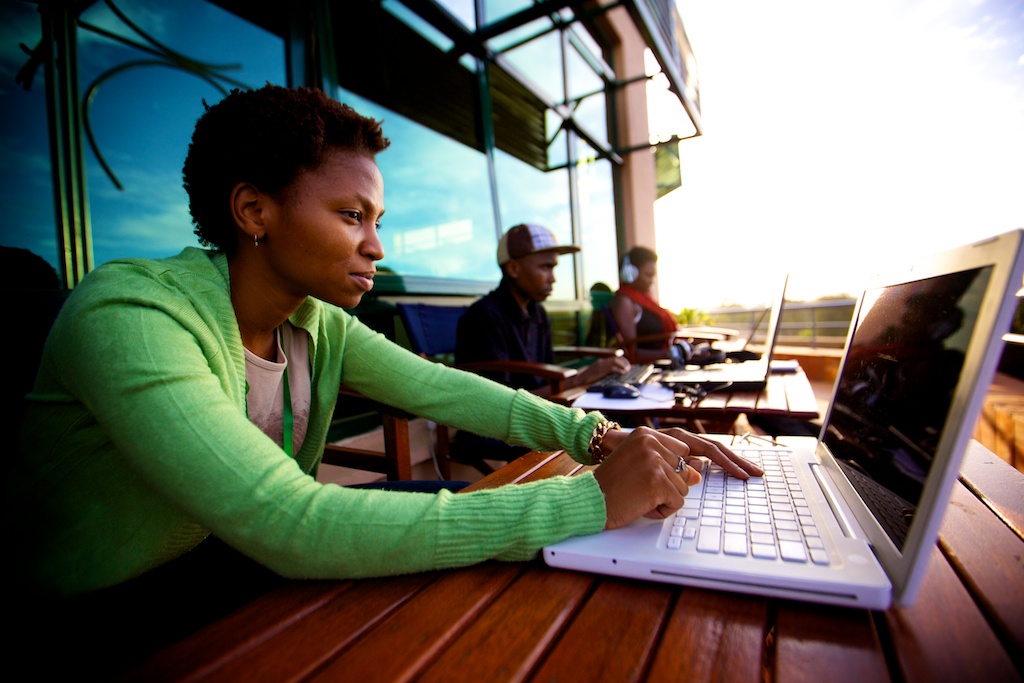Civil society actors in Peru operate in a volatile environment characterised by political instability and low public approval of the president. The upcoming national elections scheduled for April 2026 have further heightened political tensions, compounded by some regulatory changes, public insecurity, and shifting public attitudes and perceptions. High-profile corruption scandals have also weakened state legitimacy and policy continuity. For civil society actors, this means unpredictable engagement with government counterparts, frequent changes in regulatory priorities, and limited opportunities to influence long-term reform agendas.
There is growing political hostility towards the work of civil society. For example, the media faces harassment and attack by security forces, which has resulted in the country falling from 125th to 130th place on the World Press Freedom Index. Even though the Political Constitution recognizes freedoms of association, expression and assembly, Peru’s democratic performance is “partially free” on the Freedom House Index.
Peru maintains upper middle–income status and benefits from significant natural resource wealth. However, the extractive industries have also created socio-environmental tensions, with the spillover of violence affecting civil society actors as well. The upper middle-income status also comes with specific implications, such as reduced international cooperation funding, which has constrained the financial sustainability of smaller rights-based civil society organisations (CSOs). Furthermore, inequality linked to discrimination persists particularly in rural, female and indigenous communities, with the BTI Index 2024 scoring Peru at 5 out of 10 on equal opportunities.
Despite these challenges, Peru’s civil society remains resilient. Organizations continue to play a critical role in defending fundamental freedoms, promoting transparency, and addressing socio-environmental conflicts. Strengthening CSO capacity, sustainability, and public legitimacy is essential to ensure they can operate effectively and safeguard democratic participation.
Enabling principles scores

